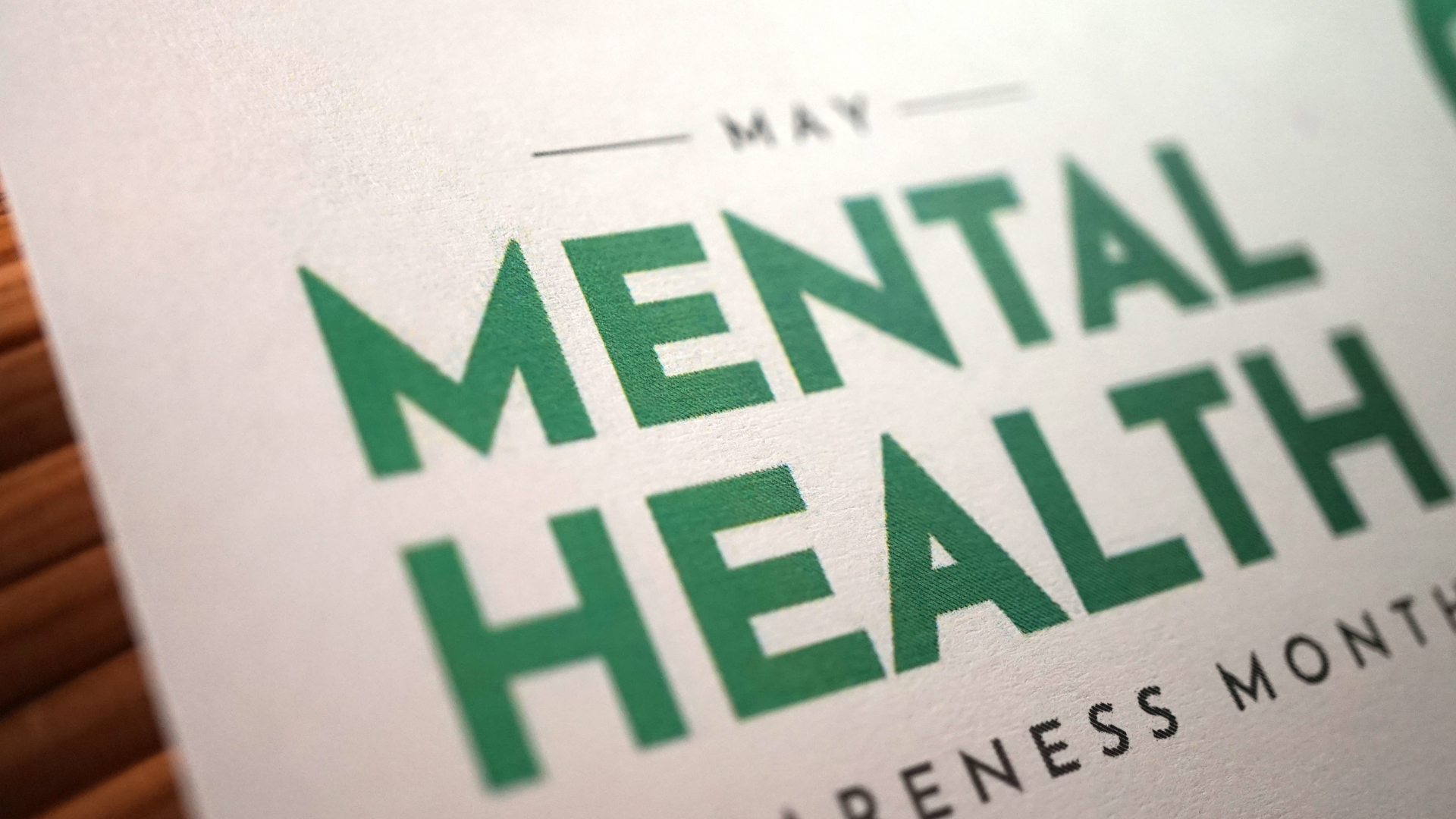In this blog post, we are going to be discussing some of the glands that affect mental health. There are a lot of different hormones that can have an impact on our mood, and as we all know, emotions can play a big role in our mental health. So, let’s take a look at some of the glands that can have an impact on our mental health, and how they work!
The Pituitary Gland
The pituitary gland is located in the brain and is responsible for producing hormones. Hormones are chemicals that regulate many aspects of your body, including your moods and emotions.
The most important hormone produced by the pituitary gland is called prolactin. Prolactin helps to regulate milk production in nursing mothers, as well as fertility in women. It also plays a role in making you feel sleepy and horny. Damage to the pituitary gland can lead to a number of problems, including low energy levels, depression, and infertility.
Thyroid Gland
The thyroid gland is a small organ shaped like a butterfly and is located in the neck just below the Adam’s apple. It’s responsible for producing hormones that regulate growth and development, metabolism, and many other processes in the body.
One of the thyroid hormones, thyroxine (T4), is especially important for mental health. Studies suggest that low T4 levels may be associated with symptoms such as anxiety, depression, and memory problems.
The good news is that there are ways to improve your thyroid health regardless of your current level of T4. Here are some tips to help boost your thyroid:
- Eat a healthy diet full of calcium and magnesium. These two minerals help keep your thyroid functioning optimally by helping it to produce enough T3 and T4 hormones.
- Avoid toxins like heavy metals or pesticides as much as possible. These chemicals can interfere with the production of thyroid hormones.
- Get plenty of exercise. Even just 10 minutes a day can help increase your energy levels and improve your overall mood.
- Take supplements like iodine or L-carnitine if you’re struggling to get your daily dose from food alone. These supplements can help to support thyroid function in people who don’t eat a lot of iodine-rich foods or who have low levels of carnitine due to age, illness, or medication use.
- Talk to your doctor about any thyroid problems you’re experiencing. Your doctor can help you figure out the best way to boost your thyroid health and improve your symptoms.
Adrenal Glands
The adrenal glands are two small, triangular glands located near your kidneys on each side of your body. The adrenals produce several hormones that help control vital bodily functions such as blood pressure, blood sugar levels, and the fight-or-flight response.
One of the most important hormones produced by the adrenals is adrenaline. Adrenaline helps you stay alert and focused during stressful situations, and it has been linked with improved mental health. Low levels of adrenaline have been associated with anxiety, depression, and other mental health issues.
Adrenaline also plays a role in regulating stress responses throughout the body. When you’re exposed to a scary or stressful situation, your brain releases adrenaline to help you deal with the danger. However, when stress becomes chronic over time, too much adrenaline can cause problems. This is why it’s important to manage stress effectively both in short-term and long-term situations.
Pineal Gland
The pineal gland is a small, pea-sized organ located in the middle of your brain. It’s responsible for regulating your sleep, moods, and energy levels. In addition, the pineal gland plays a role in cognitive functions such as memory and learning.
The pineal gland gets its name from the Latin word pinna, meaning wing. Some ancient cultures believed that the pineal gland was the seat of the human soul. The Ancient Greeks called it the “third eye.”
The pineal gland doesn’t produce any hormones or enzymes, but it does produce a type of protein called melatonin. Melatonin is produced in response to darkness, and it helps regulate your sleep patterns. A good sleeping pattern helps maintain mental health.
It’s no secret that our moods can be greatly influenced by the health of our major glands. If you’re feeling down and out, it might be time to take a look at your thyroid function, testosterone levels, and estrogen levels. By understanding what these glands and hormones do and how they are interconnected, you can begin to make healthy changes that will improve your mental health.

